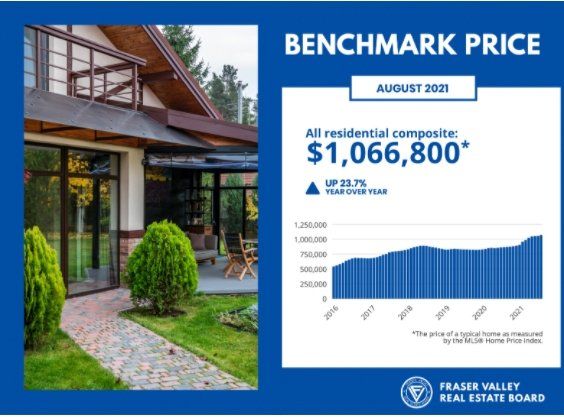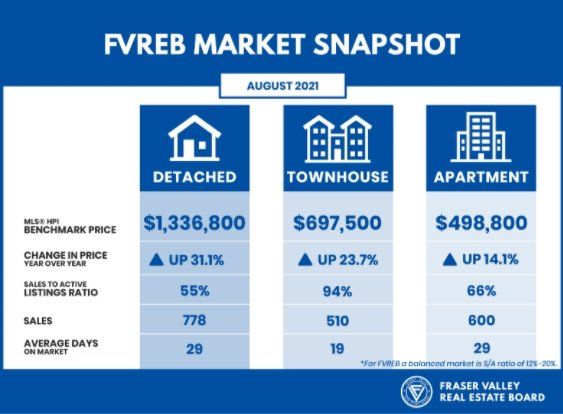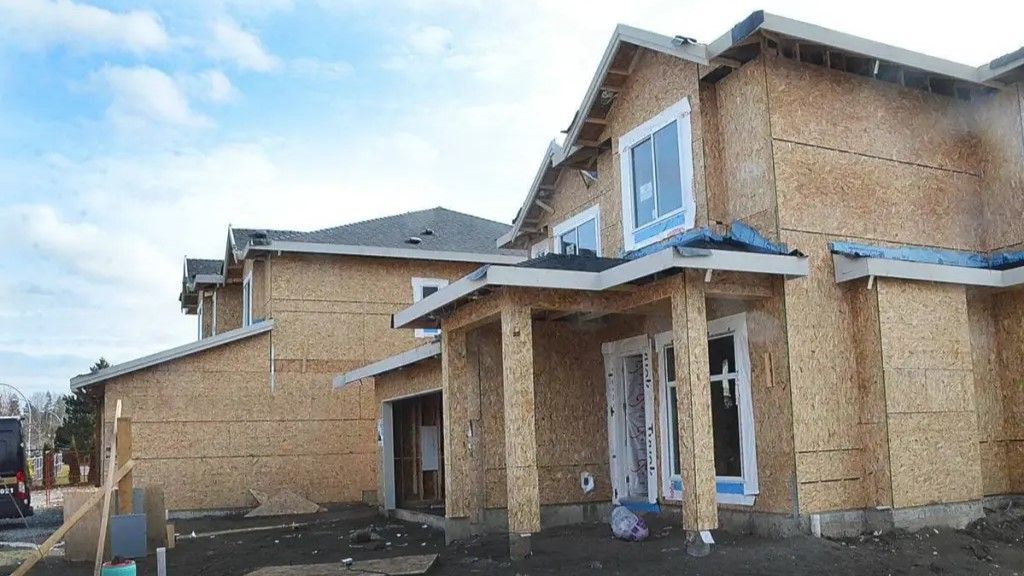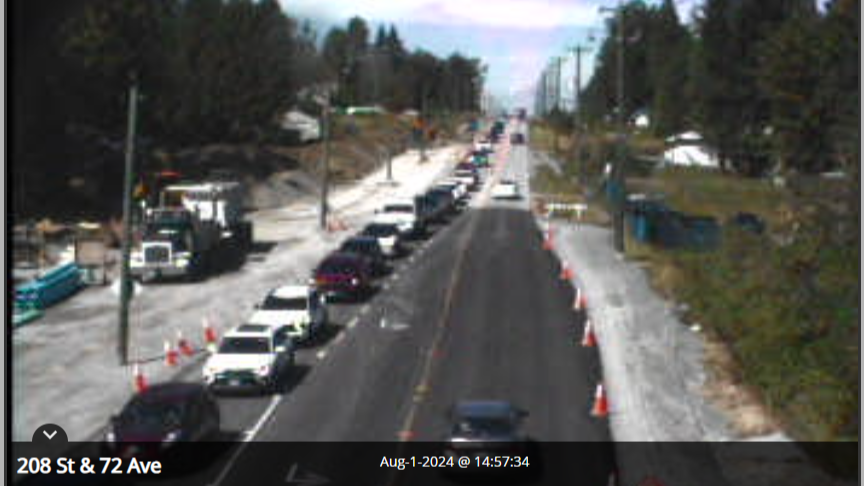Market Numbers September 01, 2021
Andy Schildhorn • September 2, 2021

A market of extremes: near record sales in August combined with lowest supply in four decades
SURREY, BC
– Demand for Fraser Valley real estate remained elevated in August reaching the second highest sales ever for the month against a backdrop of decreasing supply.
The Board processed a total of 2,087 property sales on its Multiple Listing Service® (MLS®) in August, an increase of 4.0 per cent compared to July and a 2.4 per cent increase compared to the same month last year. Sales remained unusually high for the month; second only to August of 2005.
Larry Anderson, President of the Board, said, “Home buyers are facing one of the worst supply shortages in Fraser Valley history. Our sales are over 30 per cent above normal, while our housing stock is at levels last seen in the early 80s.

“To put our supply and demand situation in perspective, for every 100 townhomes on the market in August, Fraser Valley REALTORS® sold 94. The single-family detached and condo markets also remained in strong seller’s market territory. Persistent demand and lack of supply continues to put upward pressure on home prices.”
In August, the Board received 2,107 new listings, a decrease of 36.3 per cent compared to last year, and a decrease of 13.3 per cent compared to July 2021. The month ended with total active inventory sitting at 4,077, a 16.8 per cent decrease compared to July, and 44.9 per cent fewer than August 2020.

Baldev Gill, Chief Executive Officer of the Board, added, “To improve affordability, the BC government introduced the foreign buyers’ tax in 2016 and the federal government introduced the mortgage stress test two years later. And yet, in the last five years, the price of a typical detached home in the Fraser Valley has increased by 50 per cent.
“Those measures did not address the core issue, which is insufficient supply to meet the rise in our population growth. All levels of government must work together to correct the structural housing shortage.”
Across Fraser Valley, in August, the average number of days to sell a single-family detached home was 29 and a townhome was 19 days. Apartments took, on average, 29 days to sell.
MLS® HPI Benchmark Price Activity
Single Family Detached: At $1,336,800, the Benchmark price for an FVREB single-family detached home increased 1.3 per cent compared to July 2021 and increased 31.1 per cent compared to August 2020
Townhomes: At $678,400, the Benchmark price for an FVREB townhome increased 1.3 per cent compared to May 2021 and increased 21.2 per cent compared to June 2020.
Apartments: At $498,800, the Benchmark price for an FVREB apartment/condo increased 1.0 per cent compared to July 2021 and increased 14.1 per cent compared to August 2020.








